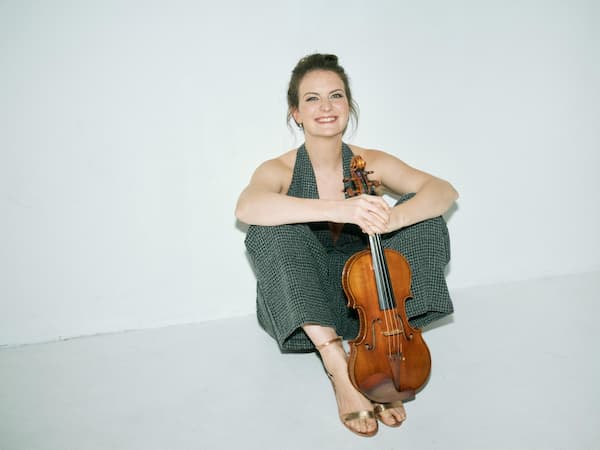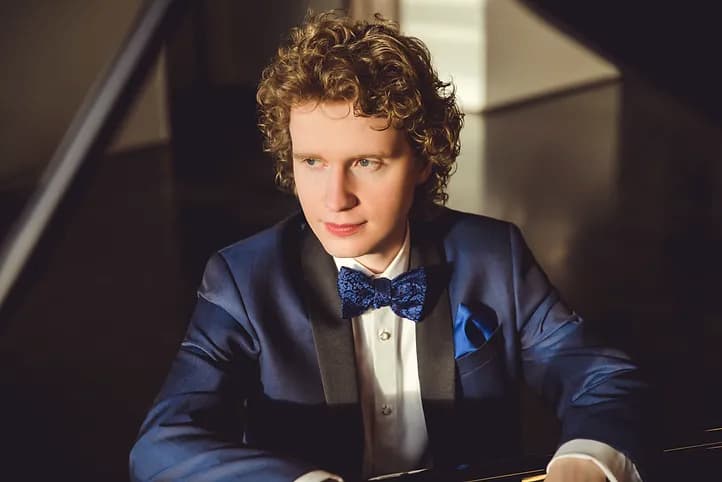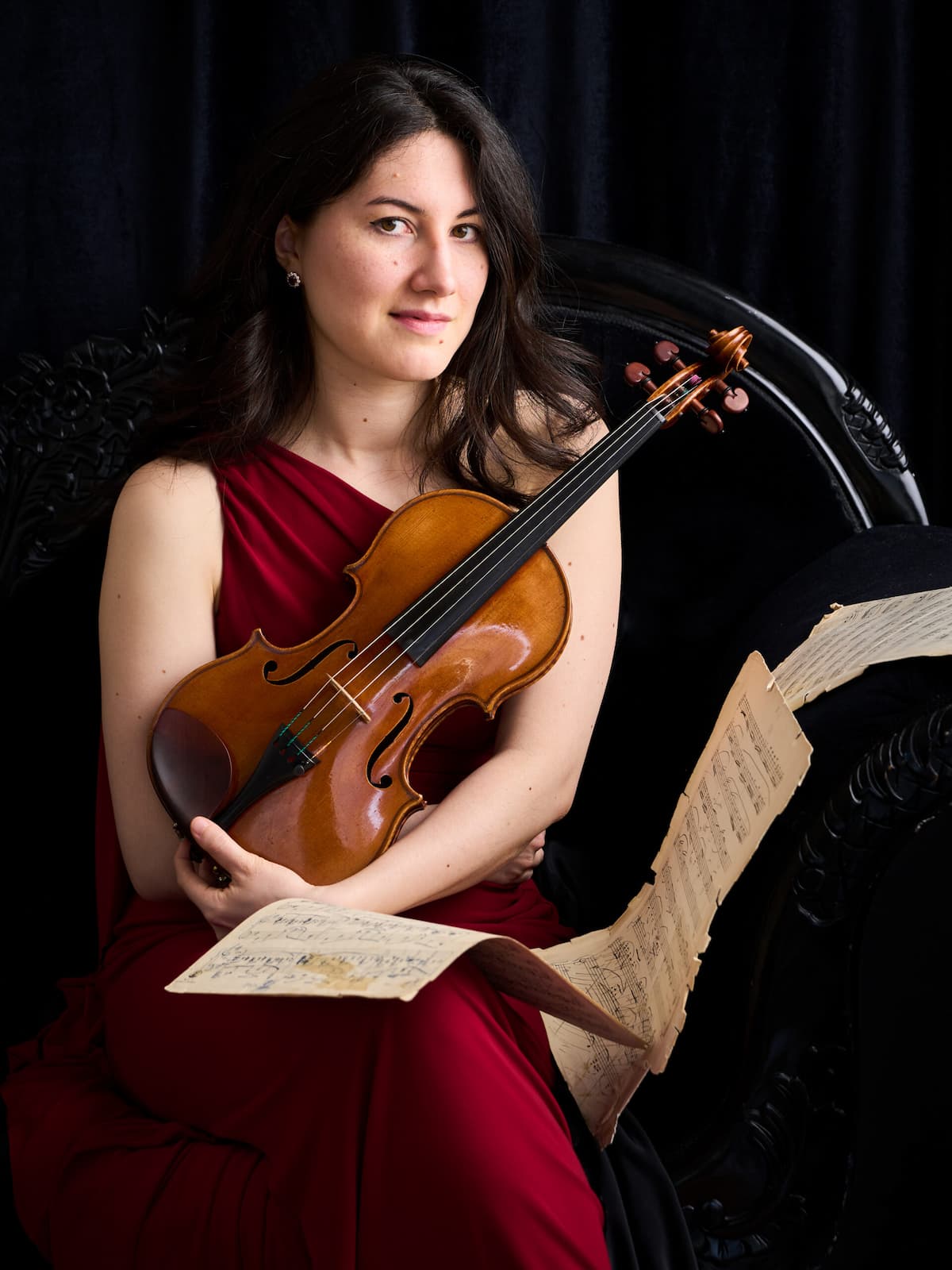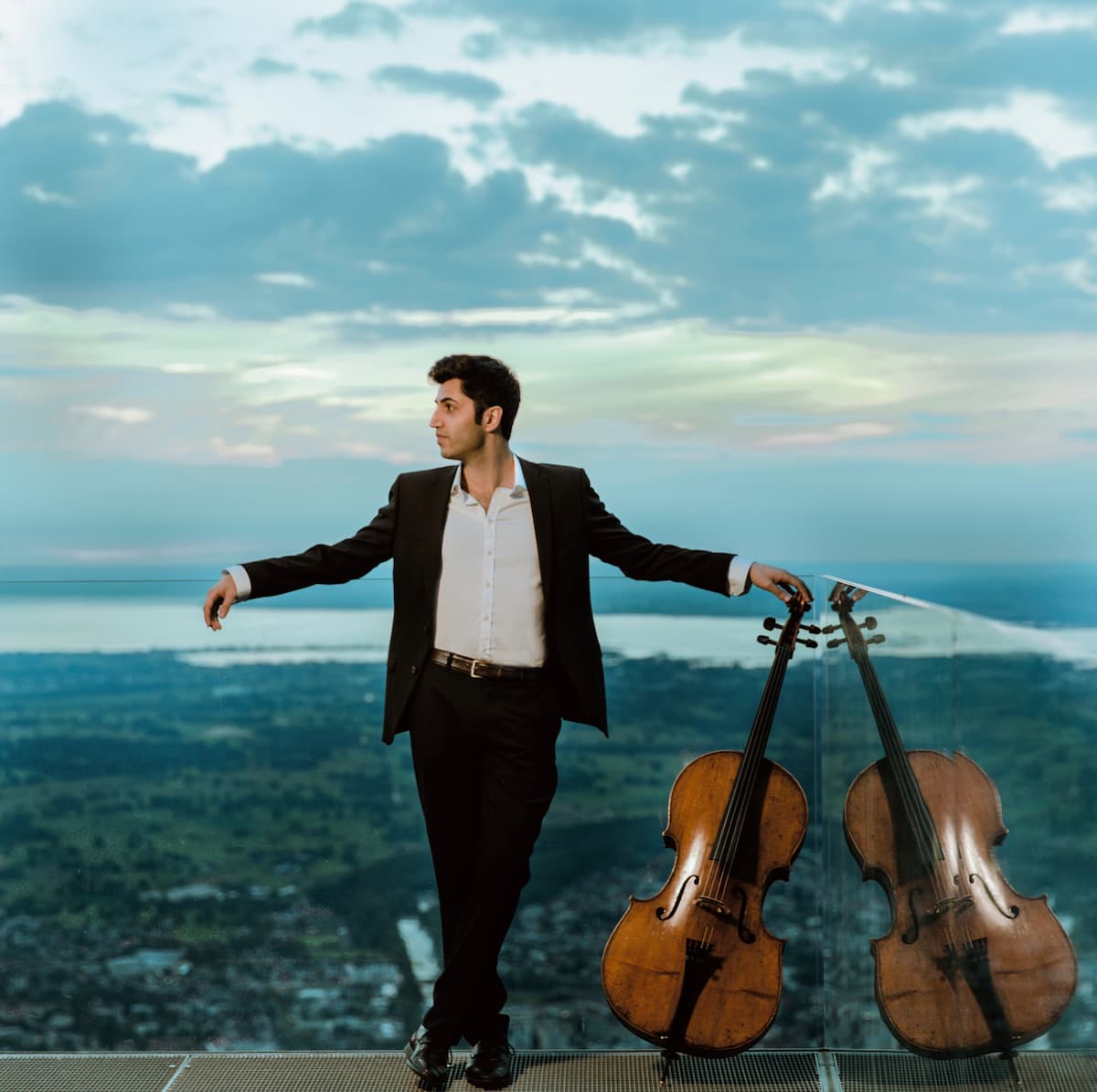Opera and Song
I meet Swiss soprano Regula Mühlemann over lunch the day before her Wigmore Hall debut, singing Mozart arias with The Mozartists, and talk to her about her outlook on performance, opera, and life in general. This season she has sung operas in Lucerne, Milan and Zurich, and is performing next in Wroclaw, Vienna, Luxembourg and Bern. Her next CD, Lieder der Heimat – Songs from Home, is due for release in November.
How do you feel about your Wigmore Hall debut?
‘It’s such an amazing place. Historically there have been so many great things that it’s just an honour to be there. I like smaller halls because you have a lot more contact with the audience.’

© GuidoWerner
Does the size of the venue change the way you perform?
‘Sometimes I feel with song recitals it’s nice to have the contact with the audience, because often the audience is in the dark and you don’t see anything at all. You can really see the people and it’s much easier to communicate. I prefer small halls, but the big ones are not so bad of course!’
What’s the main difference for you between smaller recitals and doing a big opera?
‘I do a lot of concerts, more ‘intimate’ stuff. You’re just there; you have nothing to hide. It’s a very honest way of singing. Opera is so much fun, you can completely be someone else.
‘I would never do just opera or just concerts. Song has a great influence on opera, and opera on song. It’s good for the technique when you mix – it’s very good for the voice. In opera you have to sing loud most of the time, so you need strength and especially you need to train your stamina, and in song you can really work on the language and expression, and do very detailed work. It’s good to do both.’
Do you feel like you have a good work/life balance?
‘My family and my friends have nothing to do with music. I have no very close friend who is in the business. The only person I really trust when it comes to roles or musical questions, is my teacher, and some people who I’ve known for a very long time.

© Mischa Christen
Do you think not coming from a musical family has given you a different out-look?
‘When I was younger I was sometimes a bit frustrated about the fact that I had to do everything on my own, but the great thing is now I know I did it all on my own! That helps me so much. I know I deserve to be where I am. I think that also has some impact on how I perform when I’m standing there, that I have more security, that I’m allowed to be there. Every musician has those doubts from time to time, but deep down there’s the knowledge that you deserve it, that you worked for it.’





It is only a few weeks ago that I heard for the first time Regula Muehlemann. I can’t get enough to hear her cristall clear voice. Listening to her in earlier recorded Advent concerts from the Dresdener Frauenkirche makes my day. I lived during my formative years in Dresden and visited the city often after the reunification. What a treat to hear Regula in the Frauenkirche.
I love all classical music from different periods. When it comes to opera singers I don’t always like a voice. But Regula Muhlemann has an absolutely exquisite beautiful voice. Ironically the other singer who has an equitably beautiful voice is Waltraud Meier, who was of course Wagnerian. What they both have in common is when listening to either one I’m in another world. Absolute beautiful sound and tone.